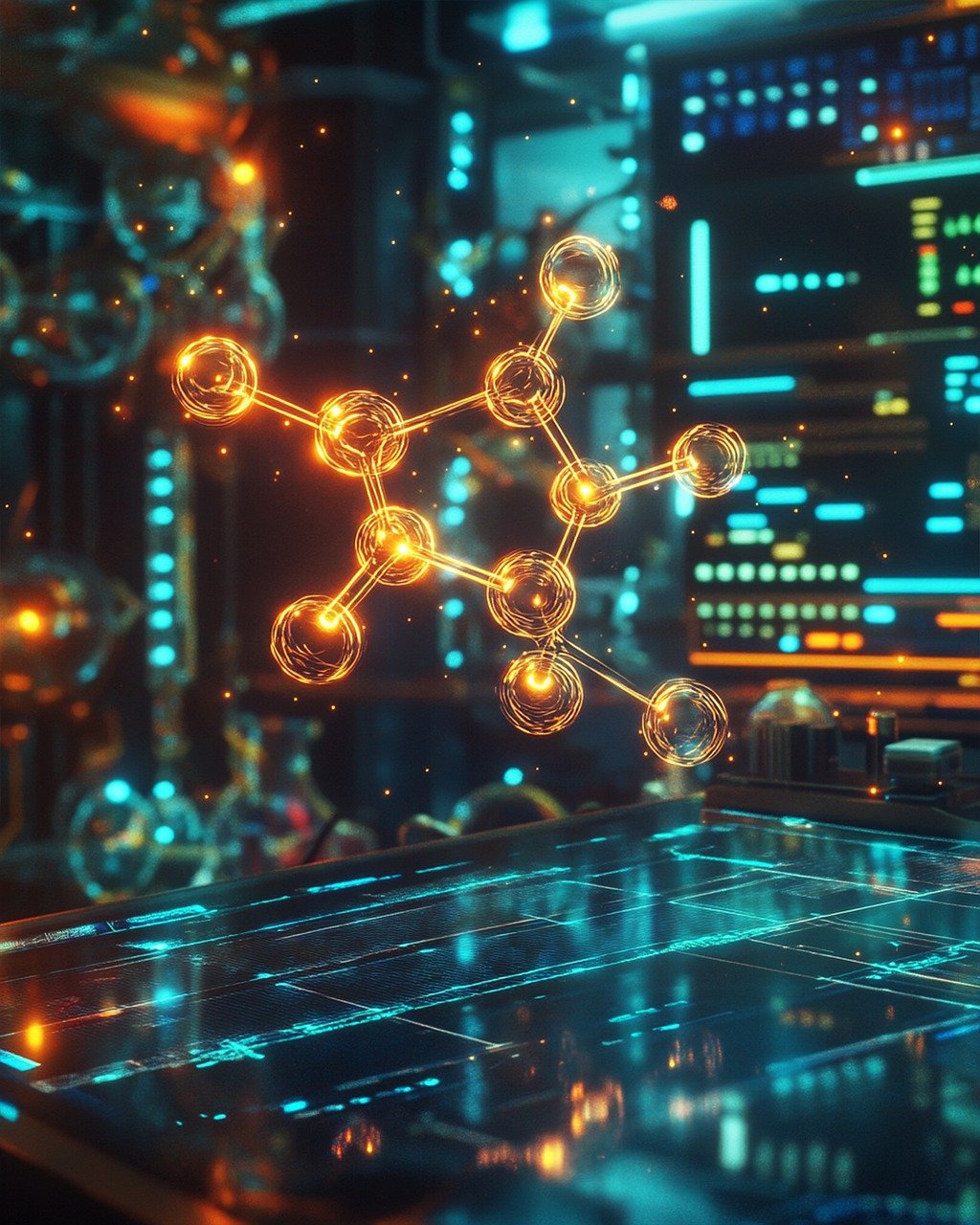Nanotechnology and Science (The Invisible Revolution)

Pixabay
In the scientific area, Nano-Tech has led to new possibilities for research. It enables the creation of materials that are stronger, lighter, or smarter and the production of devices that can communicate with particular cells or molecules. In healthcare, small particles that carry drugs directly to the diseased area are studied, increasing the success of therapies and decreasing unwanted reactions.
The gains of nanotechnology science to make more accurate detectors, smaller but stronger computers, and innovative ways to harvest energy, such as better solar panels. Nonetheless, their growth requires a deep moral duty, as their impact on nature and people's well-being is still being researched.
Nanotech connects fundamental research with tomorrow's remedies. Although its progress is still in a testing phase in various fields, its ability to change our understanding and alter the world is enormous. It is a small science, but with a big impact.
Nanotech and Science: A Big Change at the Tiny Scale.
Nanotechnology is the field that examines, adjusts, and manages substances at scales ranging from 1 to 100 nanometers (nm). To grasp the tiny size, think that one nanometer equals a billionth of a meter (1 nm = 1 × 10⁻⁹ m). At this level, researchers work at the edge between traditional and quantum physics, revealing a huge realm of technological and scientific opportunities. Nanotechnology isn't just a sci-fi dream; it's an expanding truth that's changing the boundaries of what we know.
<br>NANOTECHNOLOGY
First line
<br>Biology | | Chemistry | | Physics
Second line
<br> | Targeted Medicine | | Nanocatalysts | | Photonics |
<br> | (Drug delivery) | | & Sensors | | & Quantum |
This diagram clearly depicts how nanotechnology resides at the nexus of many scientific fields, sparking innovations that were once simply unimaginable.
Obstacles and Ethical dilemmas exist. Though full of possibility, nanotechnology presents ethical issues, environmental worries as well. We don't fully understand the enduring consequences nanoparticles will have on living beings, also on ecosystems. Their minute size poses problems too; They could remain in our environment for long periods or accumulate within us unexpectedly. It is vital to make sure that any new advancements are accompanied with rules, a true focus towards long-term sustainability.
The nanoscopic realm is upon us. This science area is taking us into a new era. It has power to reform processes, materials at their basic levels, just like DNA revelation, also, inventing the microscope has. We now have such a robust instrument that when we properly handle, can show solutions to all global issues in energy, medicals too, also sustainable environmental solutions as well. Progress is key in science but here in the nanoworld, the smallest strides often bring the largest achievements.
Reference
Nanotechnology: Advances in Electronics at the Atomic Scale by Fouad Sabry, 2025.
Molecular Nanotechnology Exploring Atomic-Scale Engineering for Future Innovations By Fouad Sabry, 2025.
A Miniature Revolution Nanotechnology at the Service of Humanity by Amador Menéndez Velázquez, 2011.
